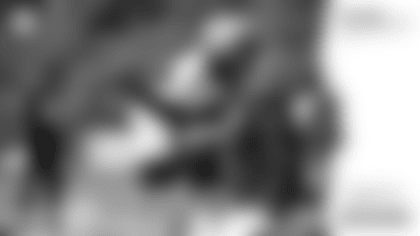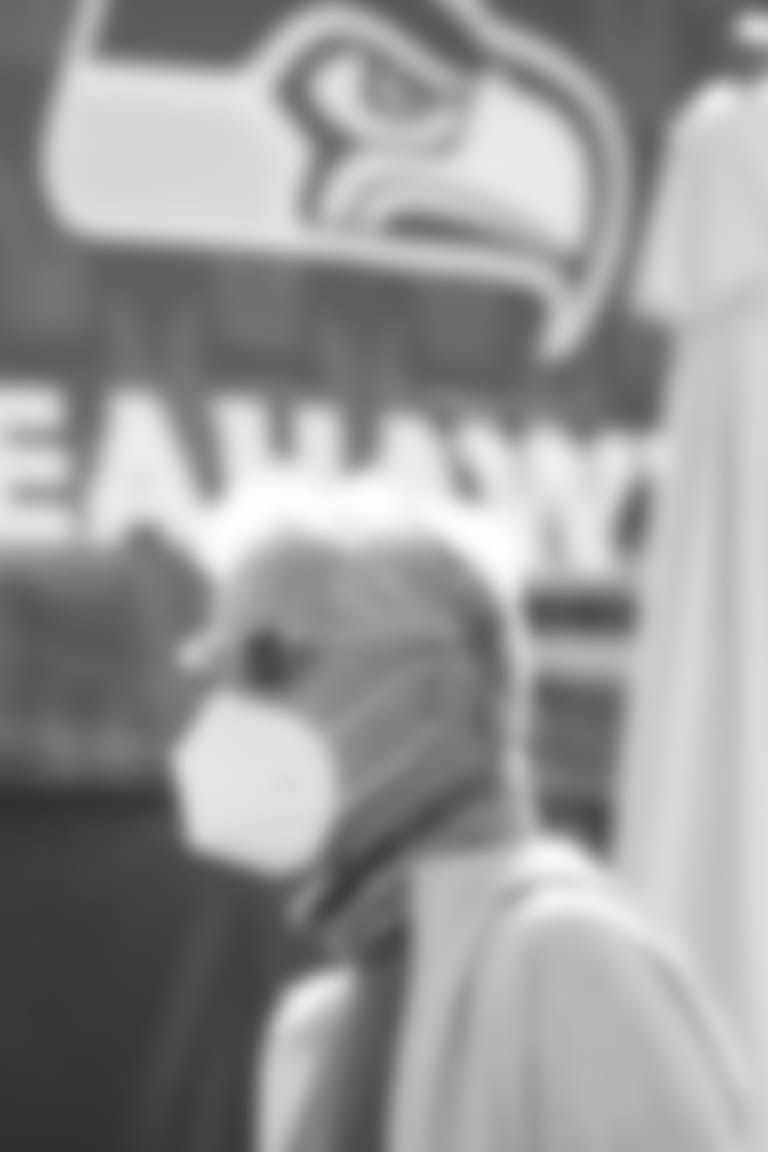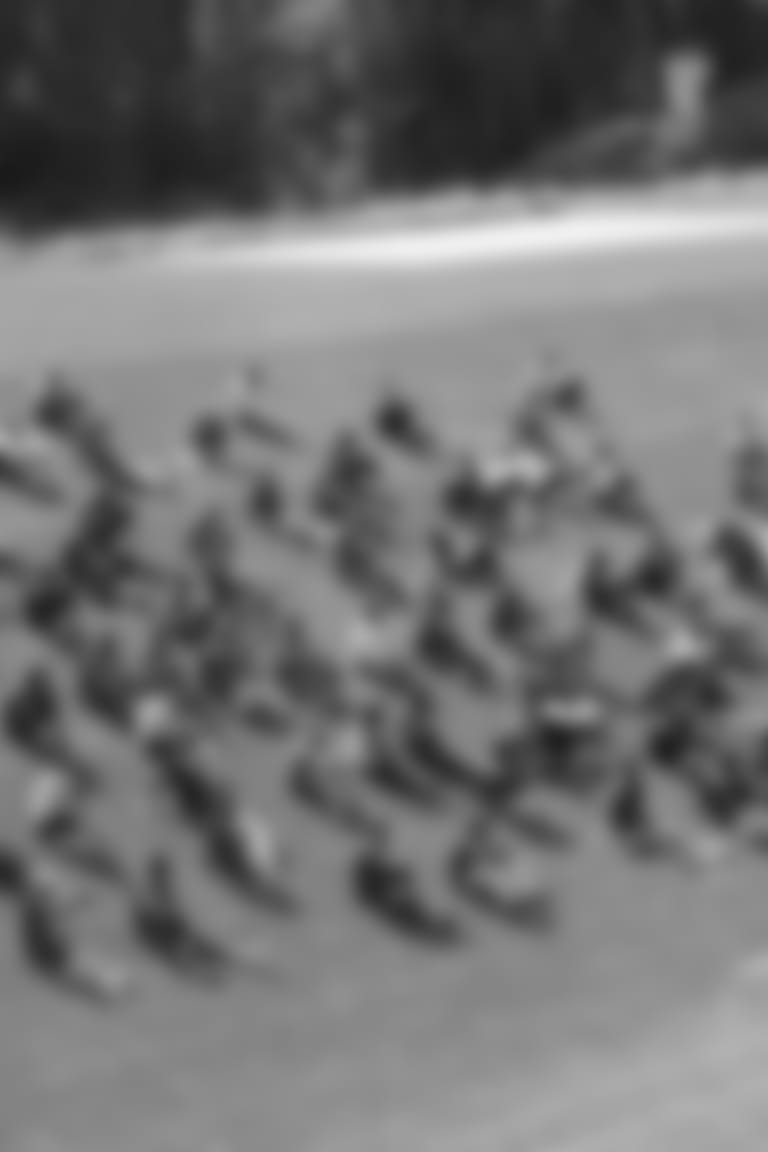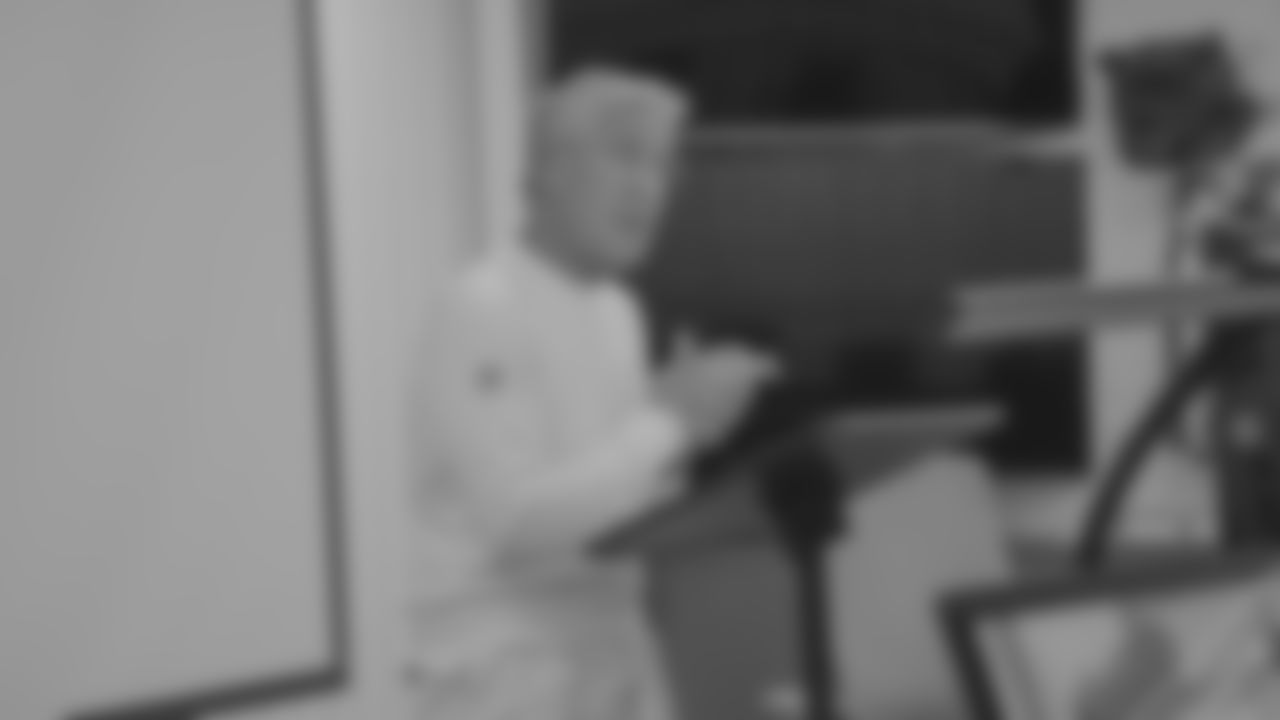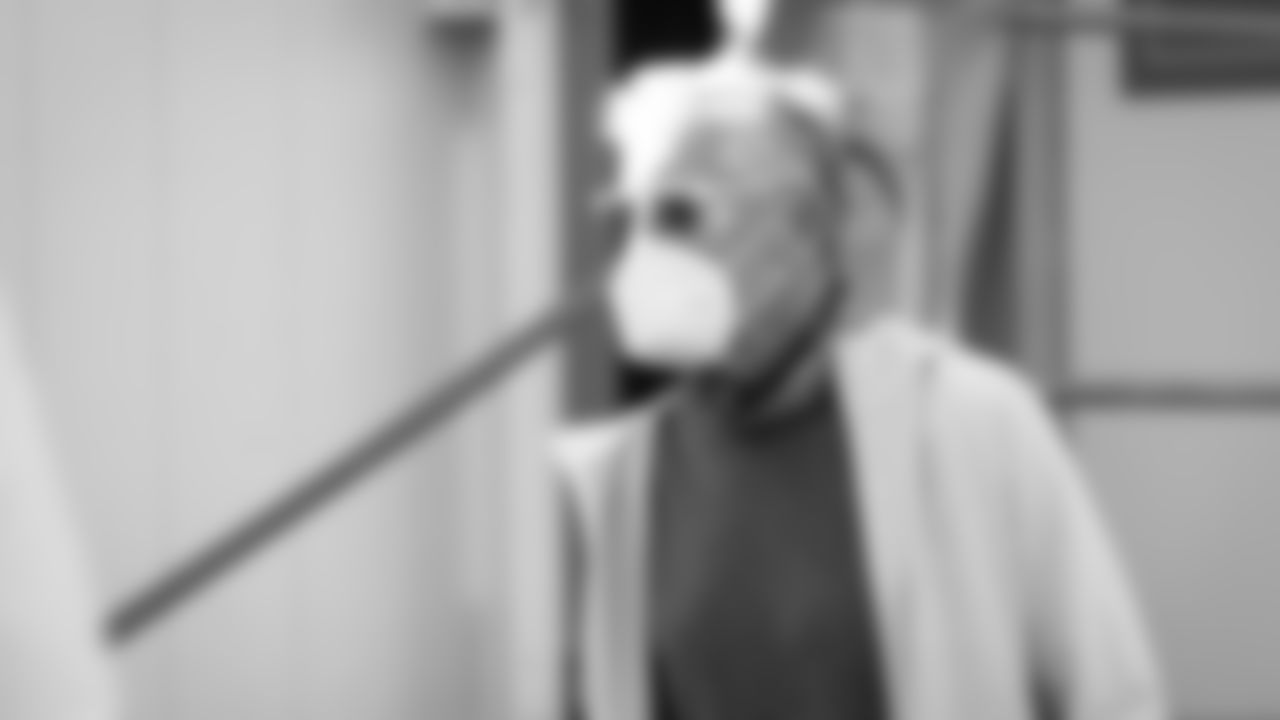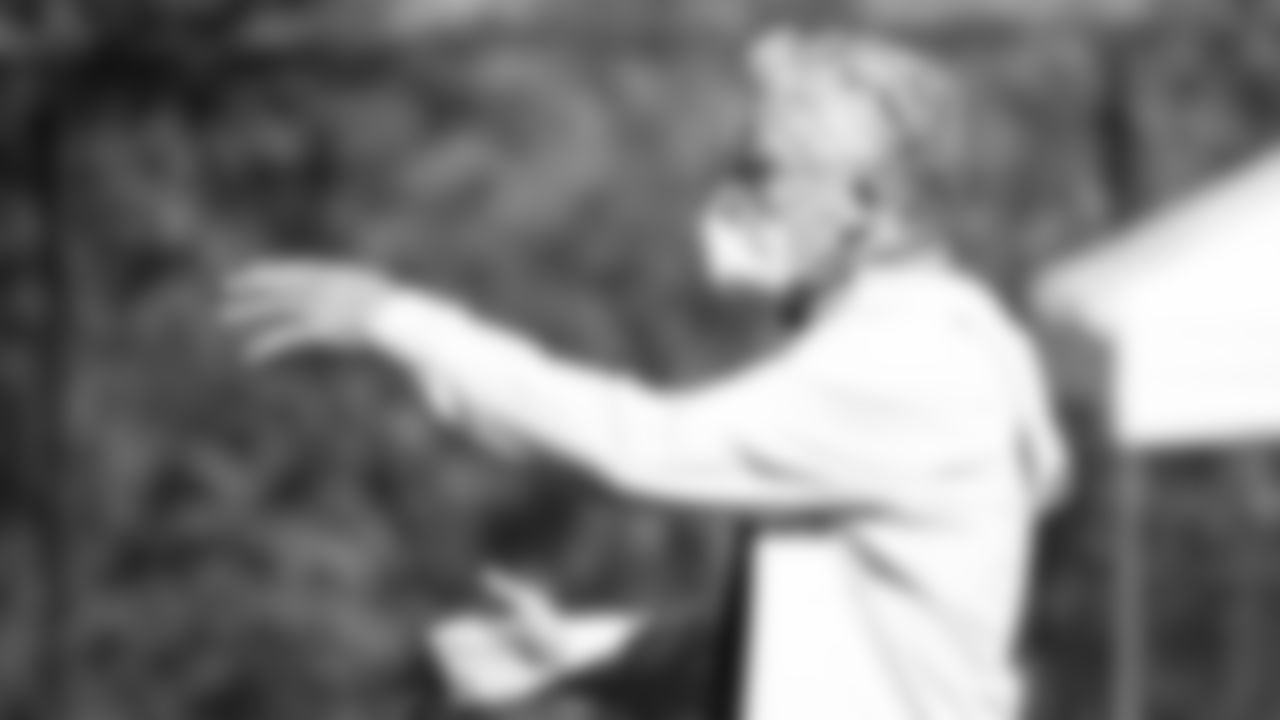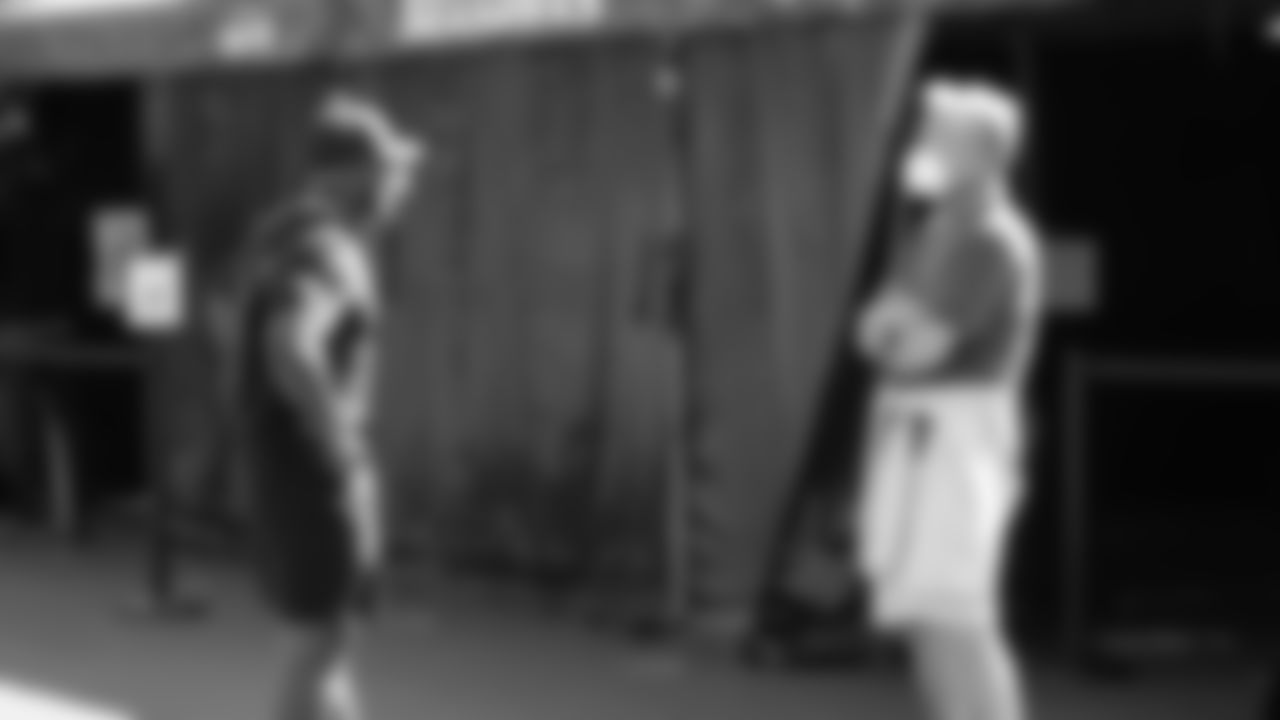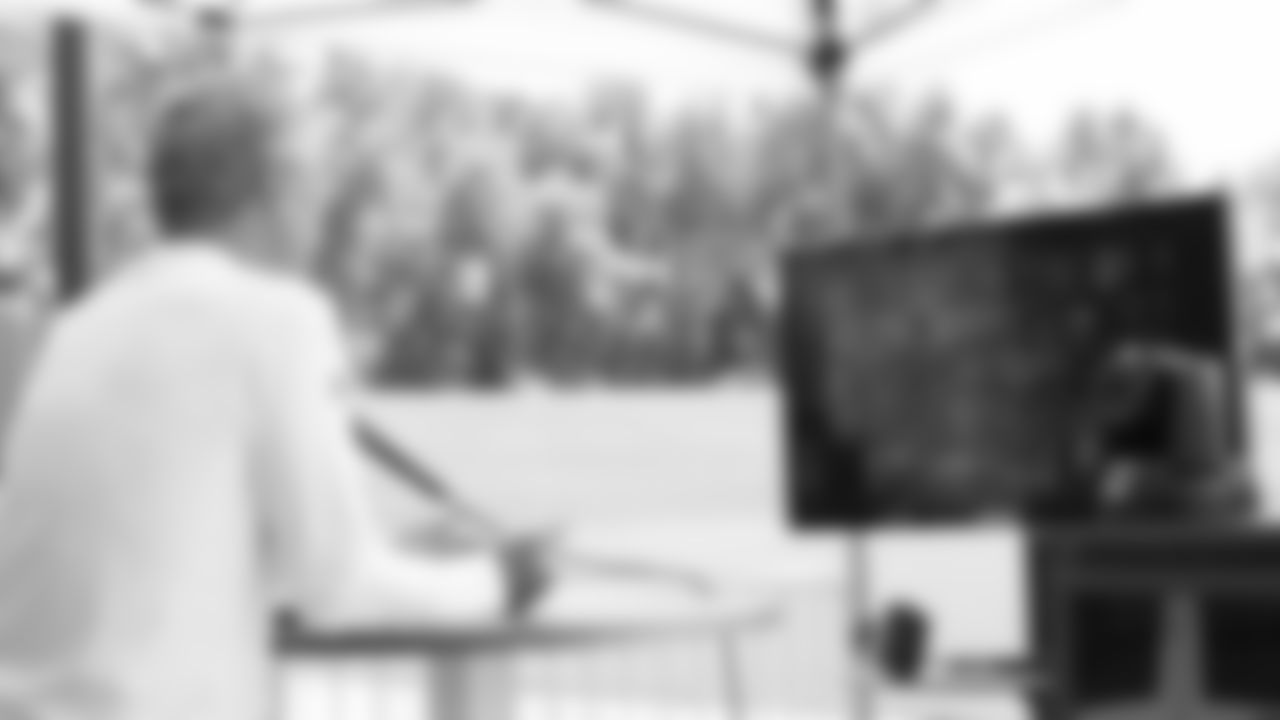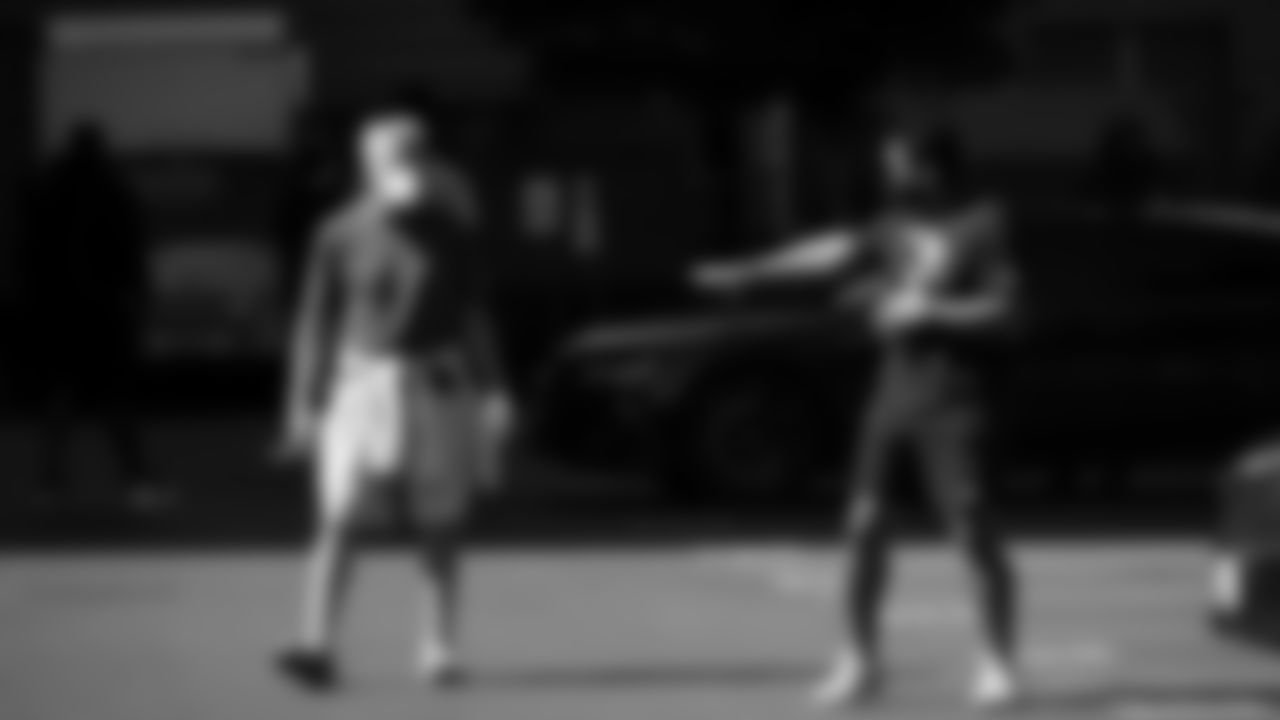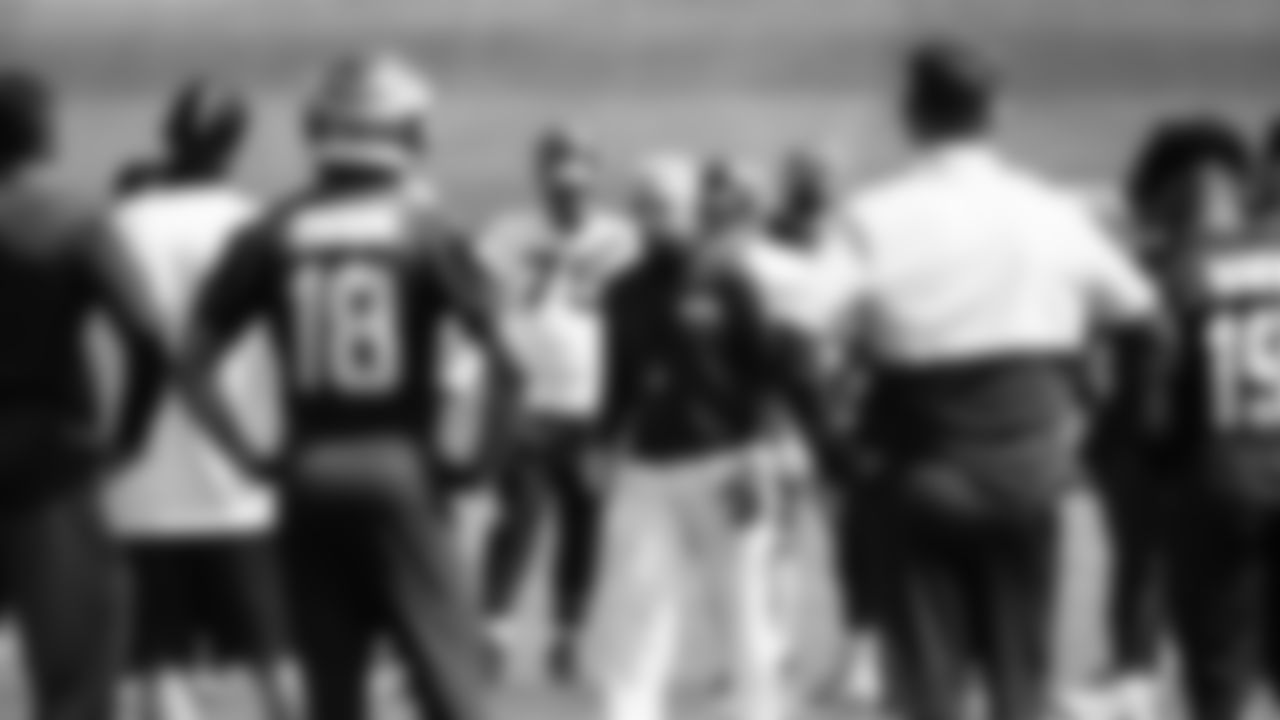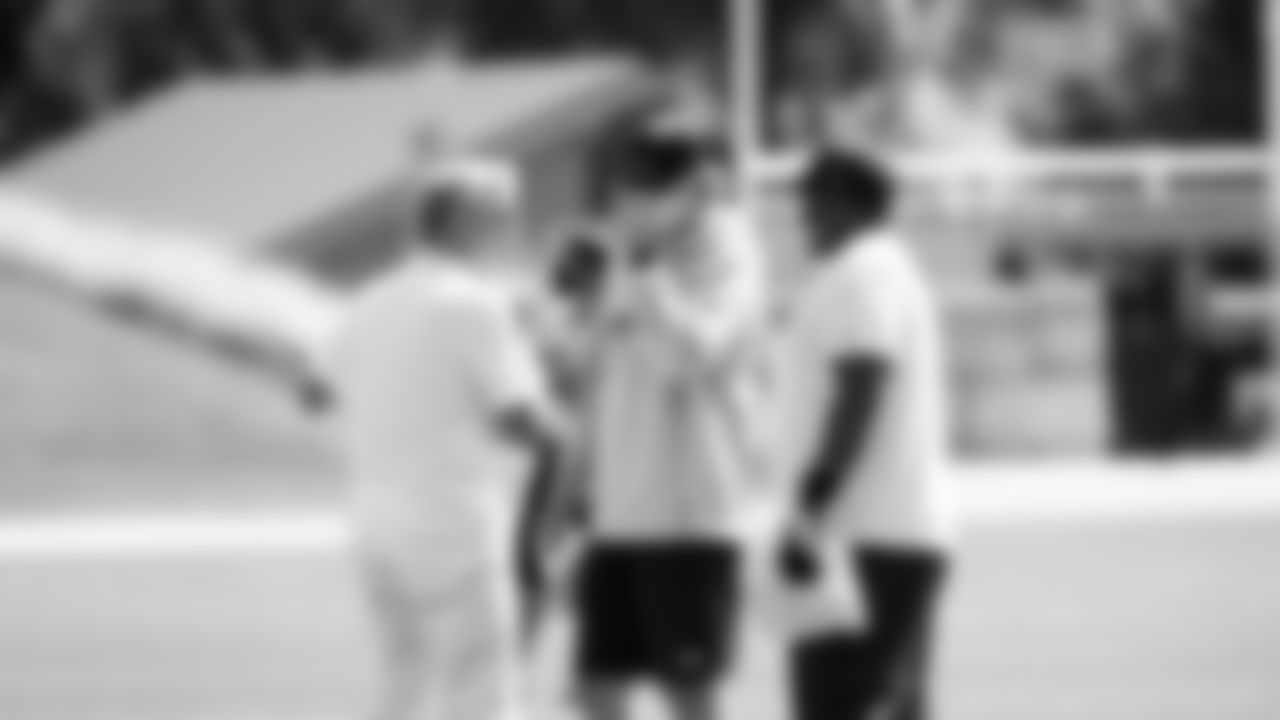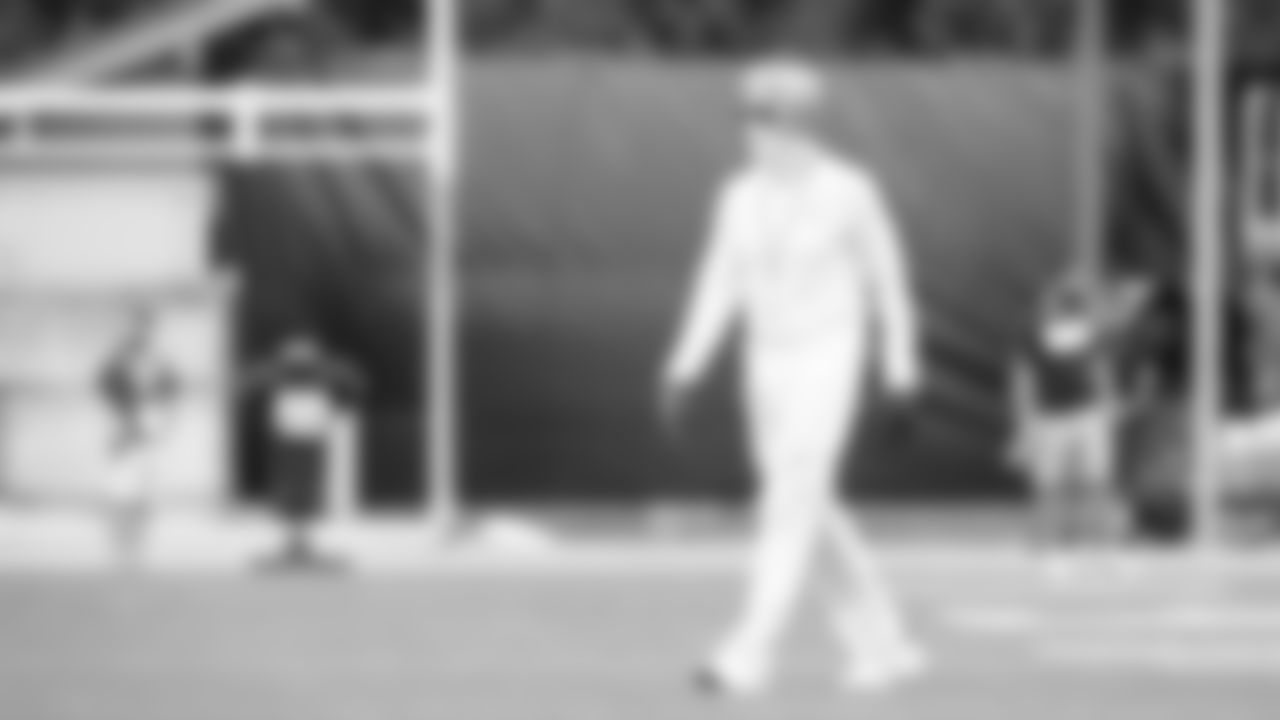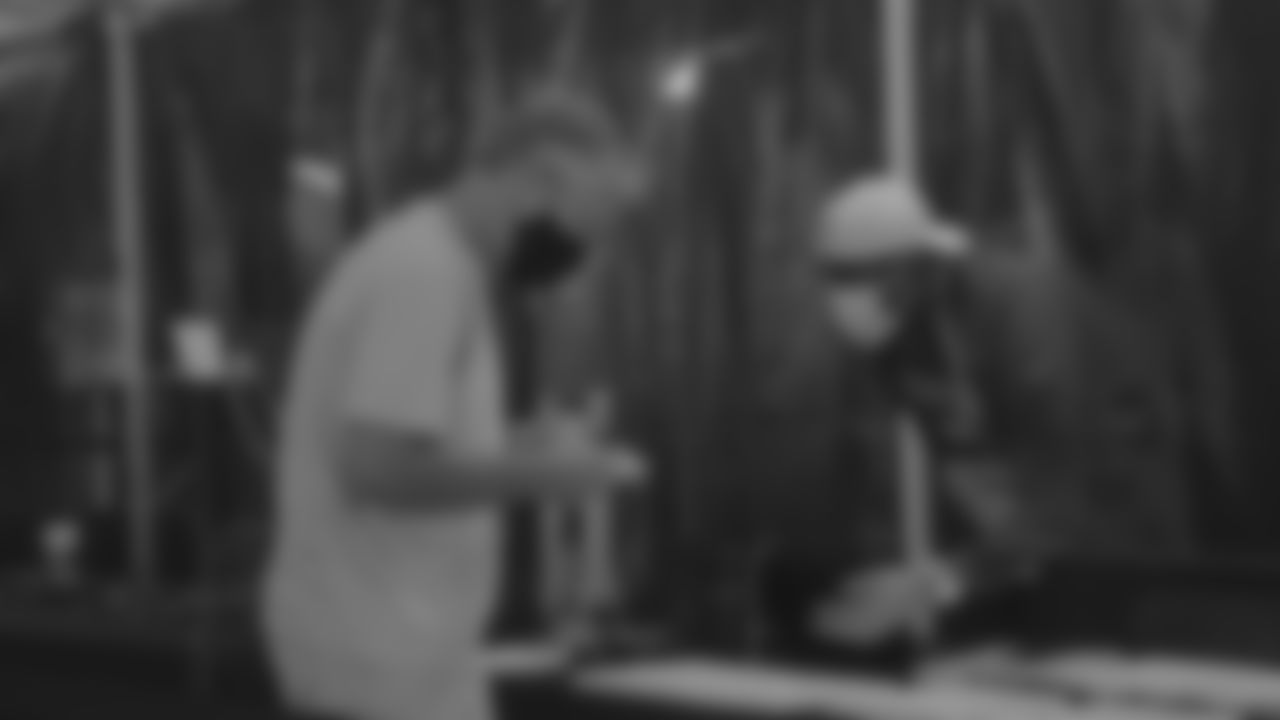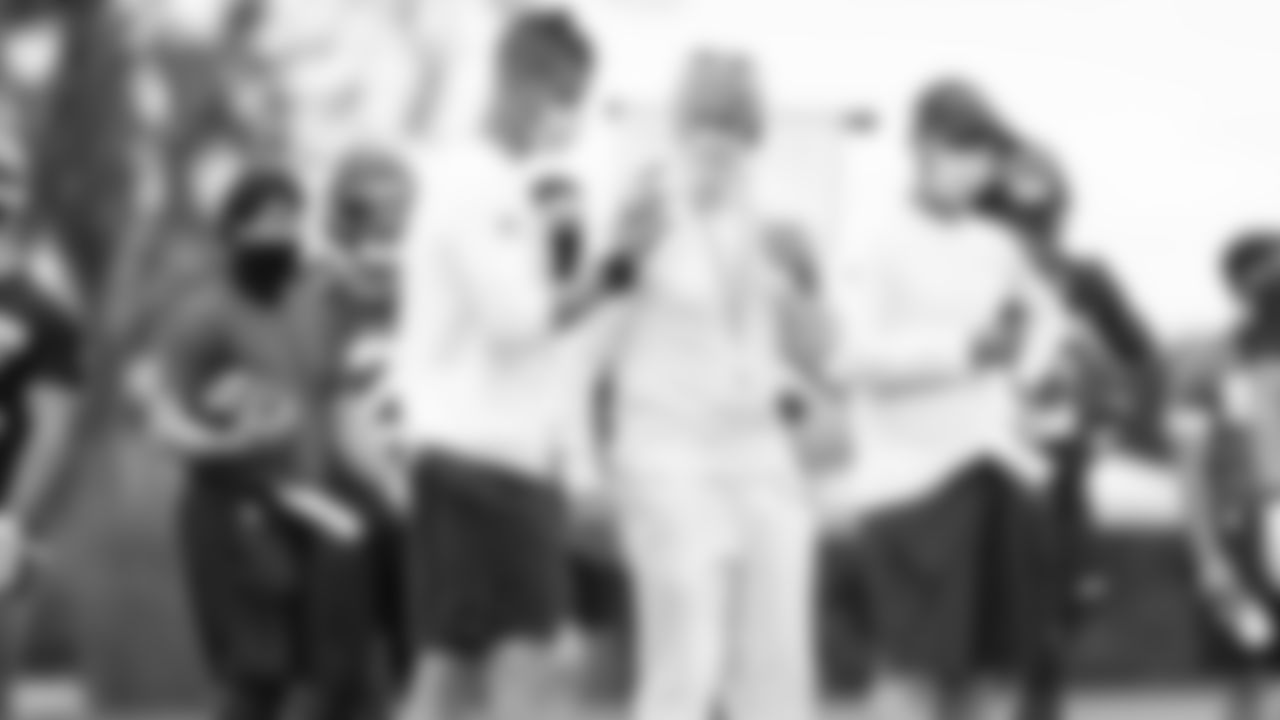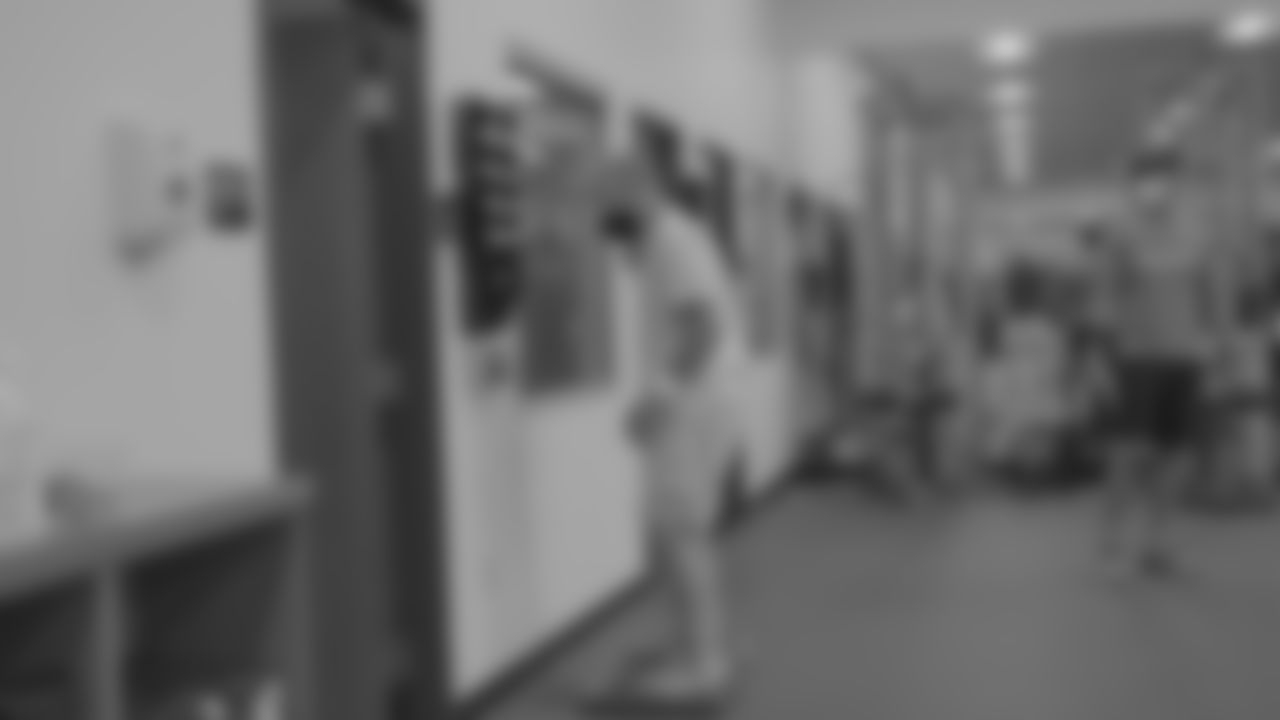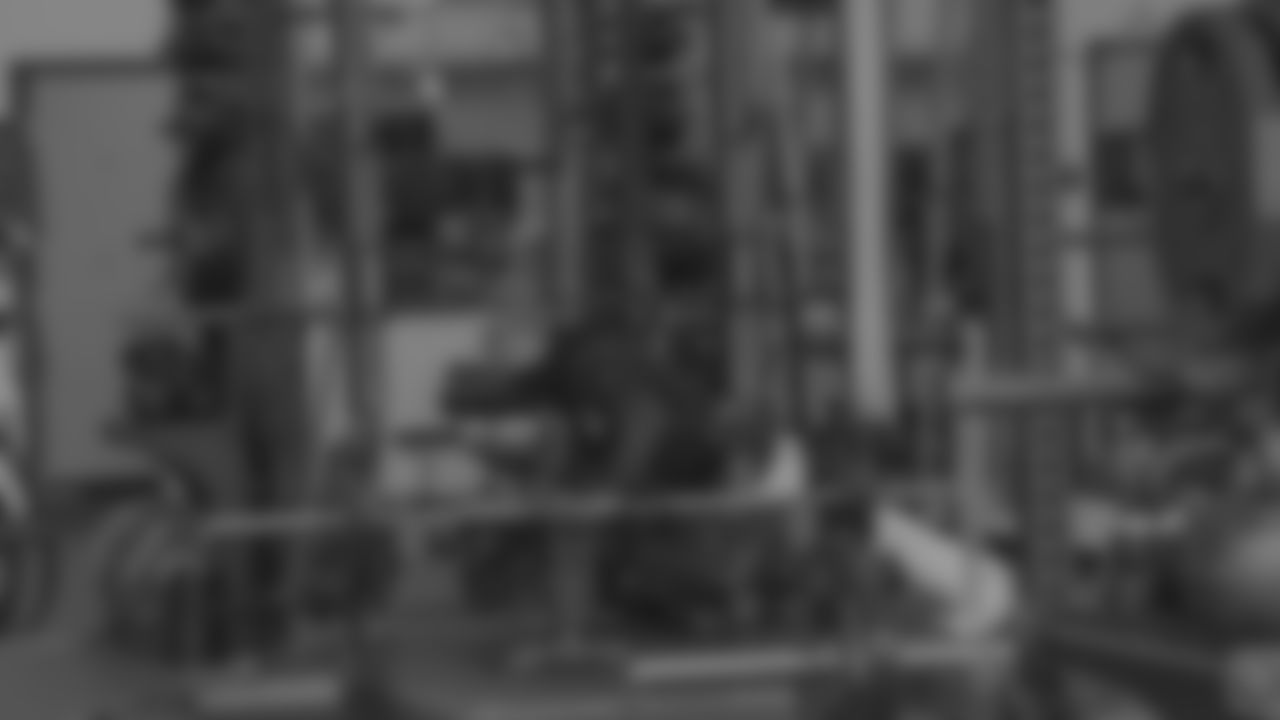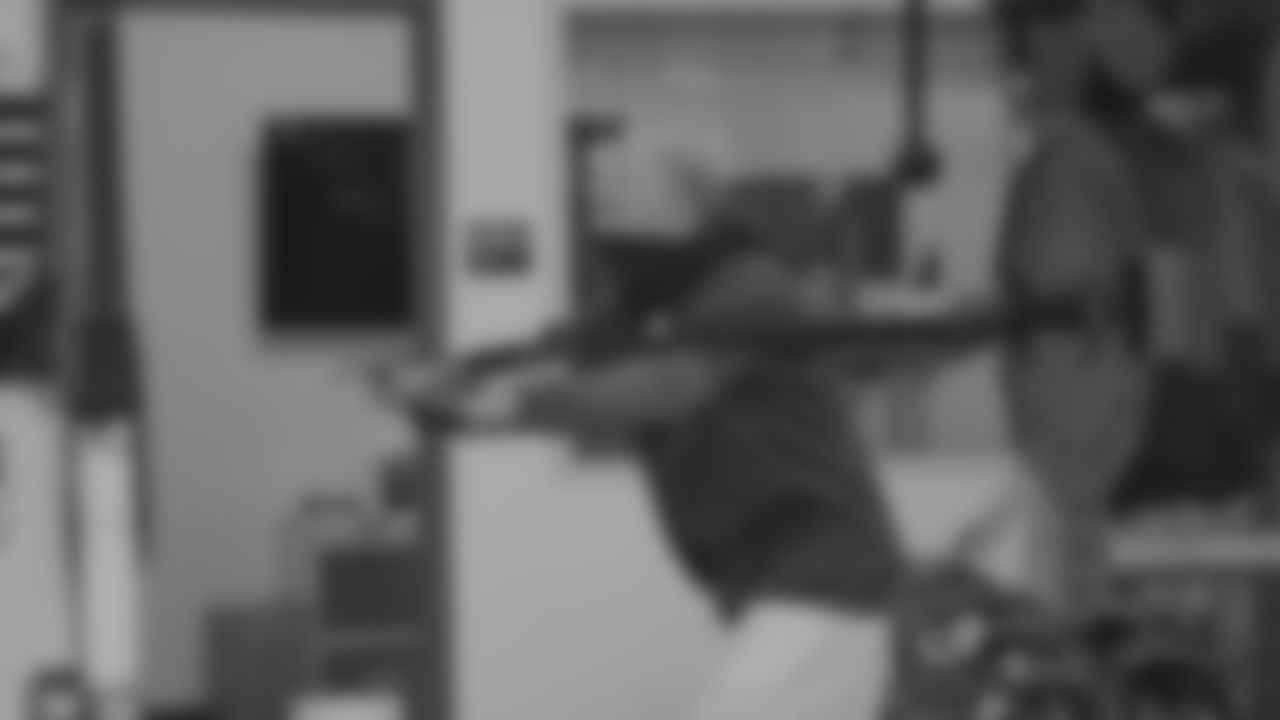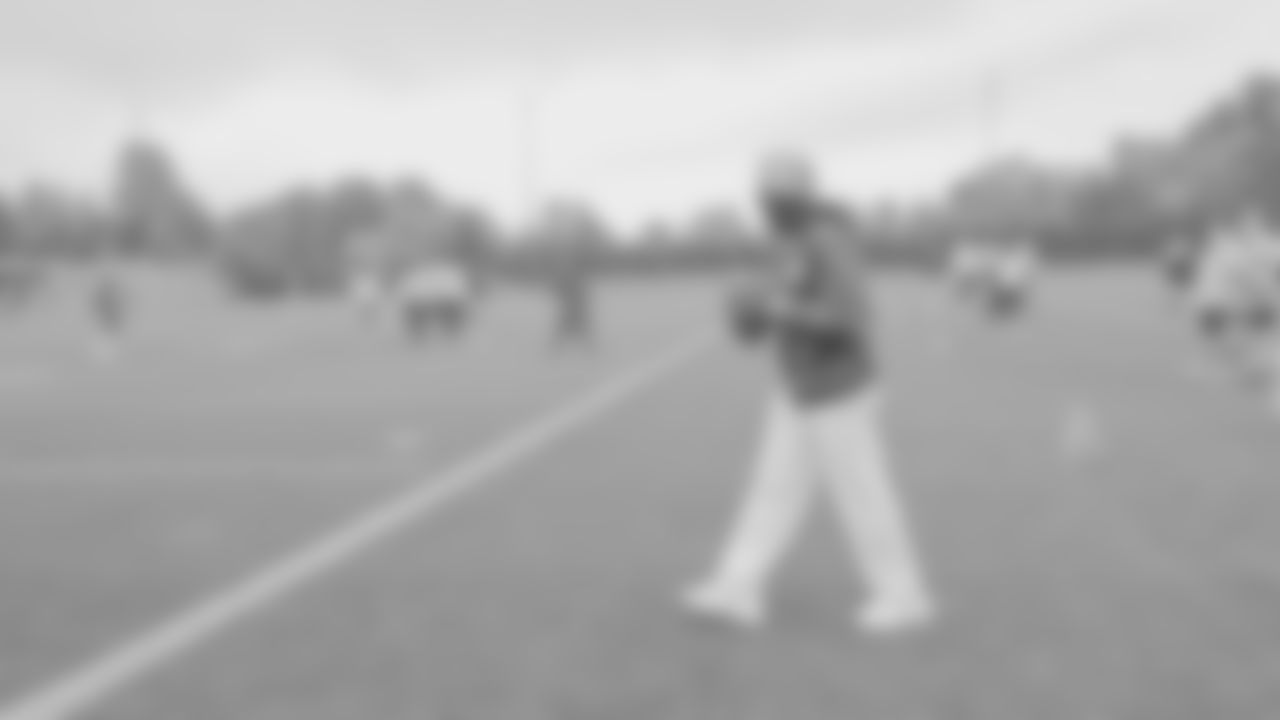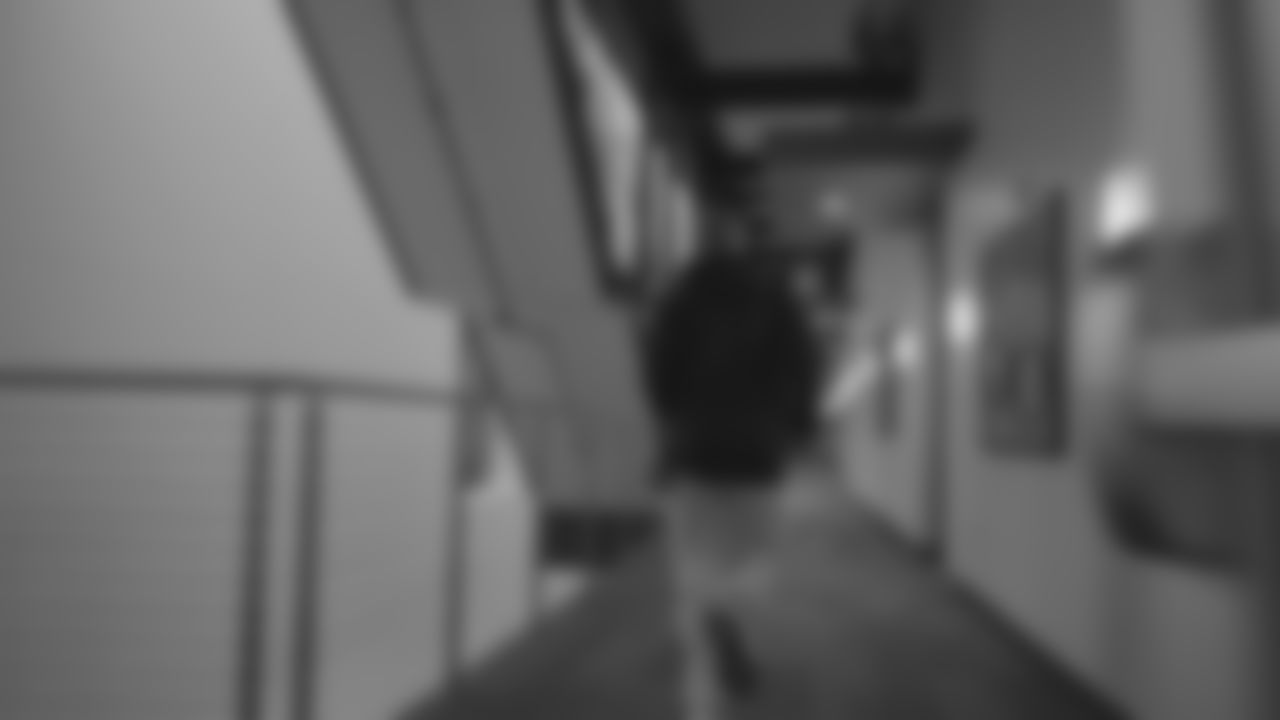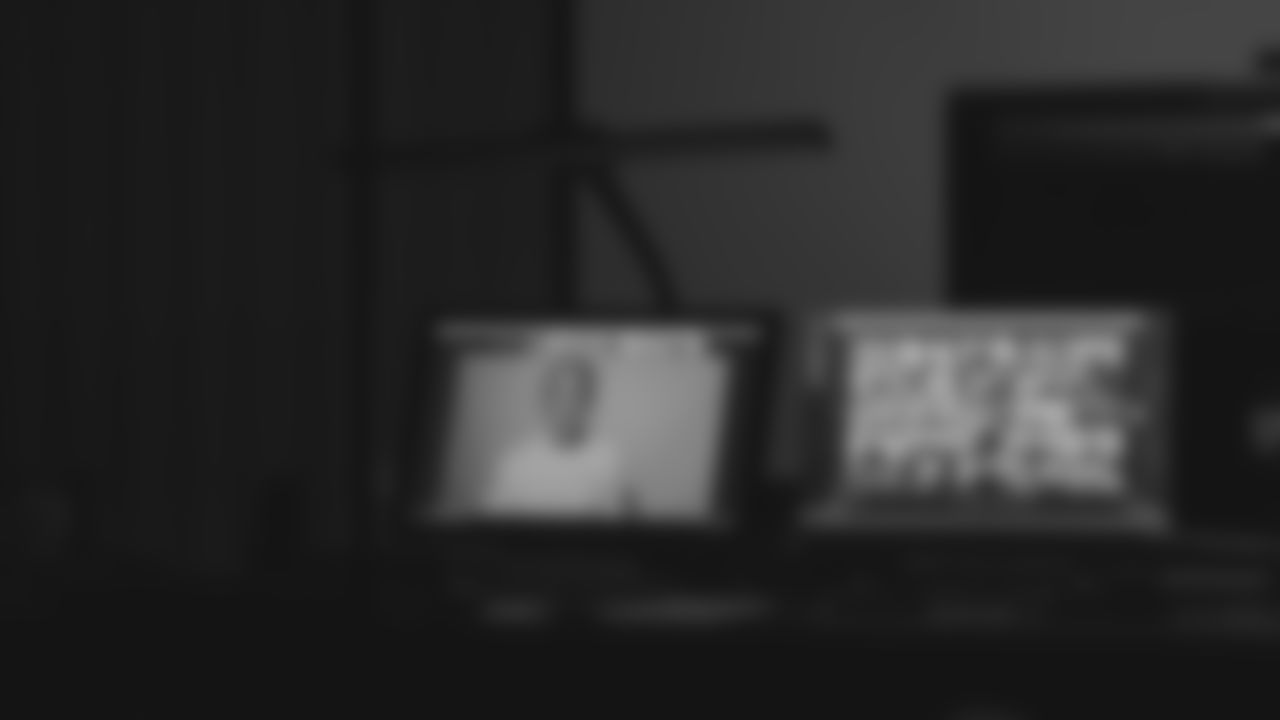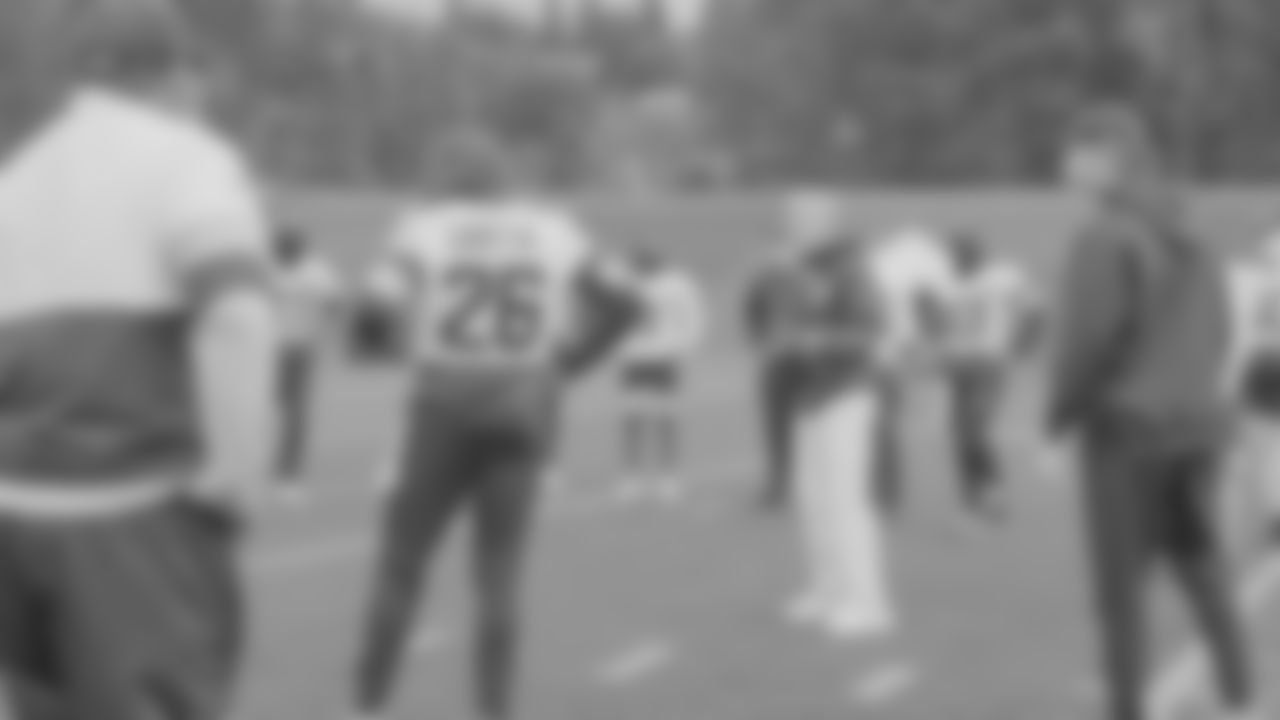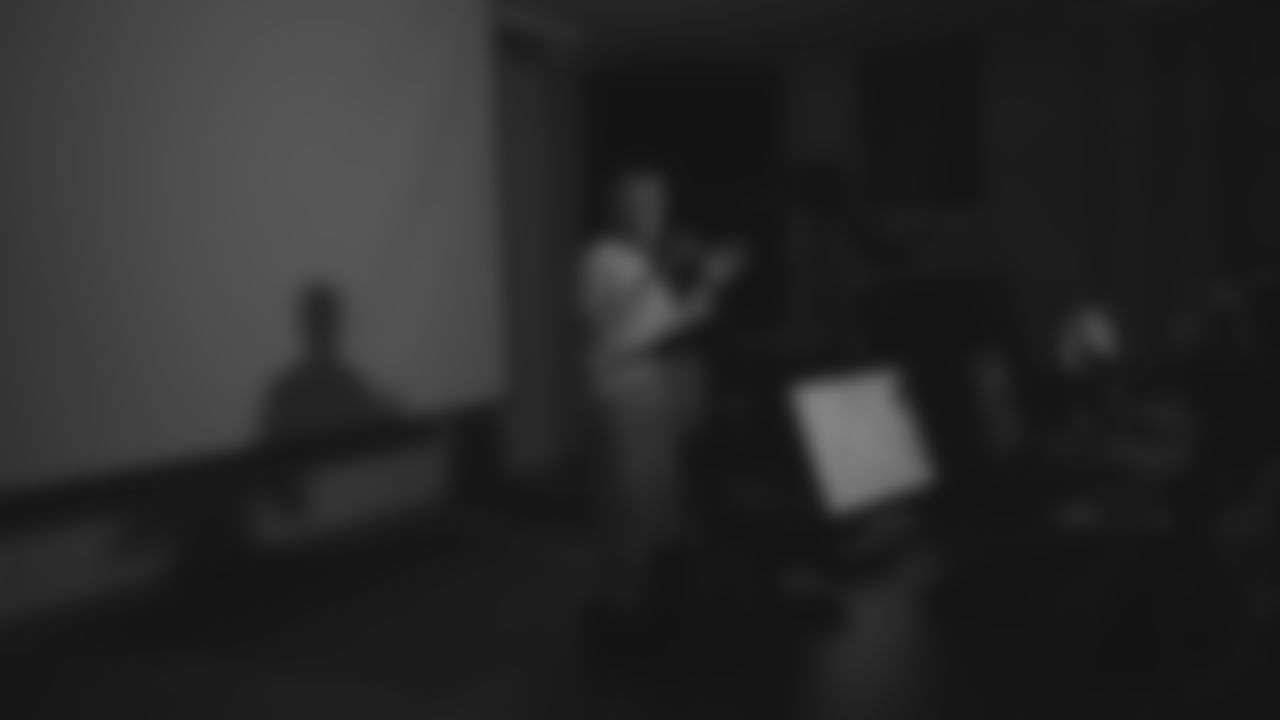This is the Seahawks Gameday Magazine feature story for Week 1 of the 2020 season, presented by American Family Insurance. Visit our Game Center for more information related to Week 1 vs. the Falcons.
Pete Carroll has always been an early riser, so starting his day at 5 a.m. isn't particularly unusual.
But while the Seahawks coach with seemingly endless reserves of energy has never been one to stress about getting enough sleep, this summer his early mornings have added a new routine: checking his email for the daily COVID-19 report on his team.
"The first thing I do in the morning is I'm checking my email to see what the report is," Carroll said. "It comes in about 5 o'clock in the morning, so I automatically wake up and check my phone to see are we clear again and all that."
Each early morning wakeup during training camp was followed by Carroll arriving at the VMAC where, like every player, coach or team employee with a Tier 1 or Tier 2 status—tier classifications are based on how closely an employee works with the team—he would get a daily COVID-19 test in the trailer that was set up in the players' parking lot prior to the start of camp. Like everyone entering the VMAC, Carroll also must go through a screening process every day that includes a temperature check, an online questionnaire, and picking up a Kinexon SafeZone tag that provides contact tracing information, and that also blinks when two people are within six feet of each other, and that beeps if two people in different tiers get too close.
Carroll has seen a lot in a coaching career that spans 47 years at the college and professional levels. He has a been a successful assistant turned young, first-time head coach in the NFL, and he's been a second-time head coach trying to prove he deserved that second shot after the first gig lasted only a year. He's been a college coach trying to revive not just his coaching reputation but a once-proud program that had fallen on hard times—check and check—and he's returned to the NFL attempting to show that the success he found at USC could translate to the NFL. And in finding that success, Carroll has experienced the challenges that come with helping a team respond properly to both Super Bowl triumph and to Super Bowl heartbreak.
But for all Carroll has seen in his career, and for all of the things he learned working with coaching legends like Bill Walsh, Bud Grant and Monte Kiffin, nothing could quite prepare him for getting an NFL team ready for football in the midst of a pandemic. But like just about everything in his life, Carroll approached this offseason and training camp as a competitive opportunity. First and foremost, "winning" that competition means keeping everyone safe, but Carroll has also been competing to find ways for his team to be as prepared as possible for this week's opener in Atlanta despite some very unusual circumstances that have limited every team this offseason.
"It has been by far the most unique challenge I've ever seen in coaching," Carroll said. "And it goes so far back to just trying to figure out all the scenarios and try to understand the science and stay abreast of the findings in the reports. And it's been way more than just a football team getting to camp. It's been so much more for us to understand how to protect our guys. It's been a real simple motivation, because the whole time it was about keeping our guys safe and making this as positive of an experience as we can make it under these crazy circumstances. And we're just getting warmed up. We've done this first phase of it highly successfully, we've been so thrilled to have the reports that we've come in, so we know how to do it, we have done a really good job; we've figured it out. We couldn't do any better than that right now. Our readiness for when we do get a positive report, and we have to act on that, we've already practiced that, so we should be ready, but that's the next test coming up. And then traveling will be the next test coming up from that."


